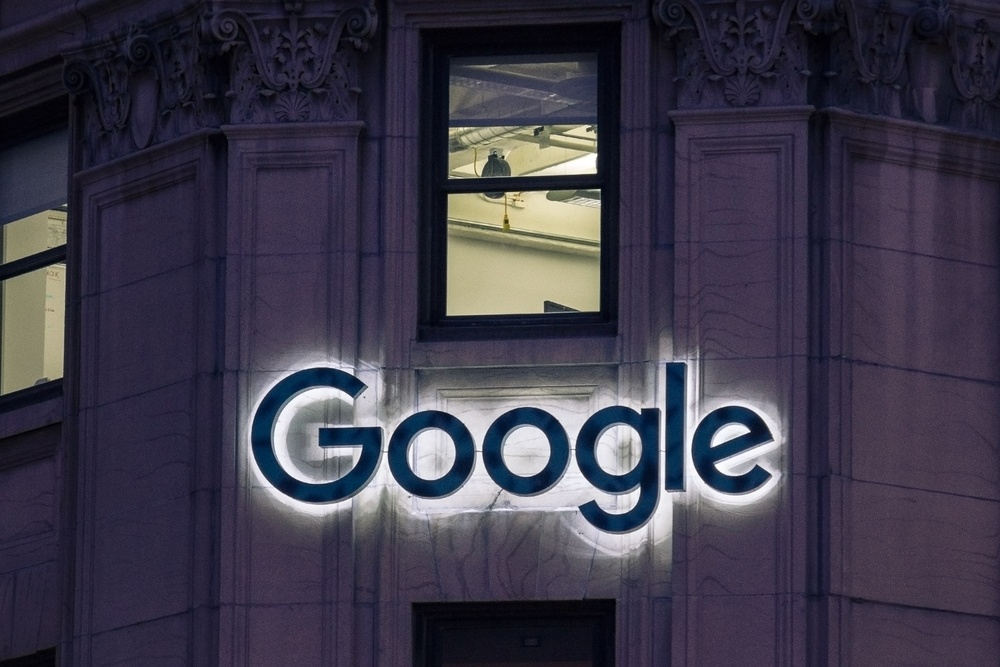Key Takeaways:
- Google will require Android identity verification for all app developers by 2026.
- The rule covers both Play Store and outside app stores.
- Supporters say Android identity verification will fight malware and boost trust.
- Critics warn it could harm Android’s openness and limit user choice.
- Debate centers on security versus innovation and regulation.
Google will soon change how Android apps get published. Starting in 2026, every developer must complete Android identity verification. In other words, Google will check who builds an app. This rule applies to apps inside the Play Store and those in other stores. Google hopes Android identity verification will make apps safer. However, critics fear it could hurt freedom and innovation.
What is Android identity verification?
Android identity verification means developers must prove who they are. Google will ask for legal documents and personal details. Then it will match those details to the developer account. The process aims to stop bad actors from hiding behind fake names. Therefore, Google says users can trust apps more.
Why Android identity verification matters
First, Android identity verification tackles malware. Many harmful apps hide in unofficial stores. As a result, malware can infect phones and steal data. However, with verified identities, Google can track who publishes each app. Then it can remove dangerous apps faster.
Second, Android identity verification boosts user confidence. When people see a verified badge, they feel safer. In turn, they install more apps without fear. Thus, Google expects a better experience for Android users.
Third, regulators have pushed for more safety. In some regions, rules demand stronger checks on software providers. Consequently, Android identity verification may help Google comply with future laws.
Critics fear Android identity verification threatens openness
Despite the benefits, some groups warn about risks. For example, the F-Droid community says Android identity verification undermines Android’s core freedom. They argue the requirement forces a central authority to control all developers.
Moreover, they worry smaller developers may struggle with identity checks. In addition, privacy advocates worry about data security. They ask who will protect the personal details Google collects.
Critics also point out that Android allows free app distribution outside one main store. Therefore, they see Android identity verification as a step toward a closed ecosystem. They warn it could limit choice and slow innovation. What’s more, developers in regions with less access to IDs might be shut out entirely.
How this change affects you
If you install apps from the Play Store, you may not notice much at first. However, you could see new badges or warnings on apps made by unverified developers. That may help you choose safer apps.
If you use other app stores, the impact could be bigger. Those stores must adapt to Google’s new rule. They may require developers to prove identity before listing apps. Consequently, some niche app stores might close if they cannot meet the demands.
For developers, Android identity verification means extra steps. They must gather documents, verify details, and wait for approval. Although this adds time, it also lends credibility. Verified developers may attract more users.
What happens next?
Google will roll out Android identity verification starting early 2026. Developers will get reminders about the new rule. Meanwhile, Google will share guidance on how to verify identity. Anyone who misses the deadline could see their apps removed.
At the same time, regulators and advocacy groups will debate the rule. They may push for adjustments or opt-outs in certain regions. Therefore, the final shape of this plan might change.
Ultimately, Android identity verification marks a big shift. Google wants stronger security and more trust. Yet, the Android community must weigh that against openness and freedom.
Frequently Asked Questions
What does Android identity verification require?
Developers will submit personal or business documents. Google will match these to their developer accounts. After approval, the account becomes verified.
Will Android identity verification slow app updates?
Verification happens once per developer. After approval, updates do not need new checks. Thus, app updates should proceed normally.
Can users opt out of Android identity verification?
End users do not verify identities. Only developers face the requirement. Users simply install apps from verified or unverified sources.
How might Android identity verification impact small developers?
Small teams may find document checks complex. They might need legal help or digital ID tools. However, a verified badge could boost their reputation.

